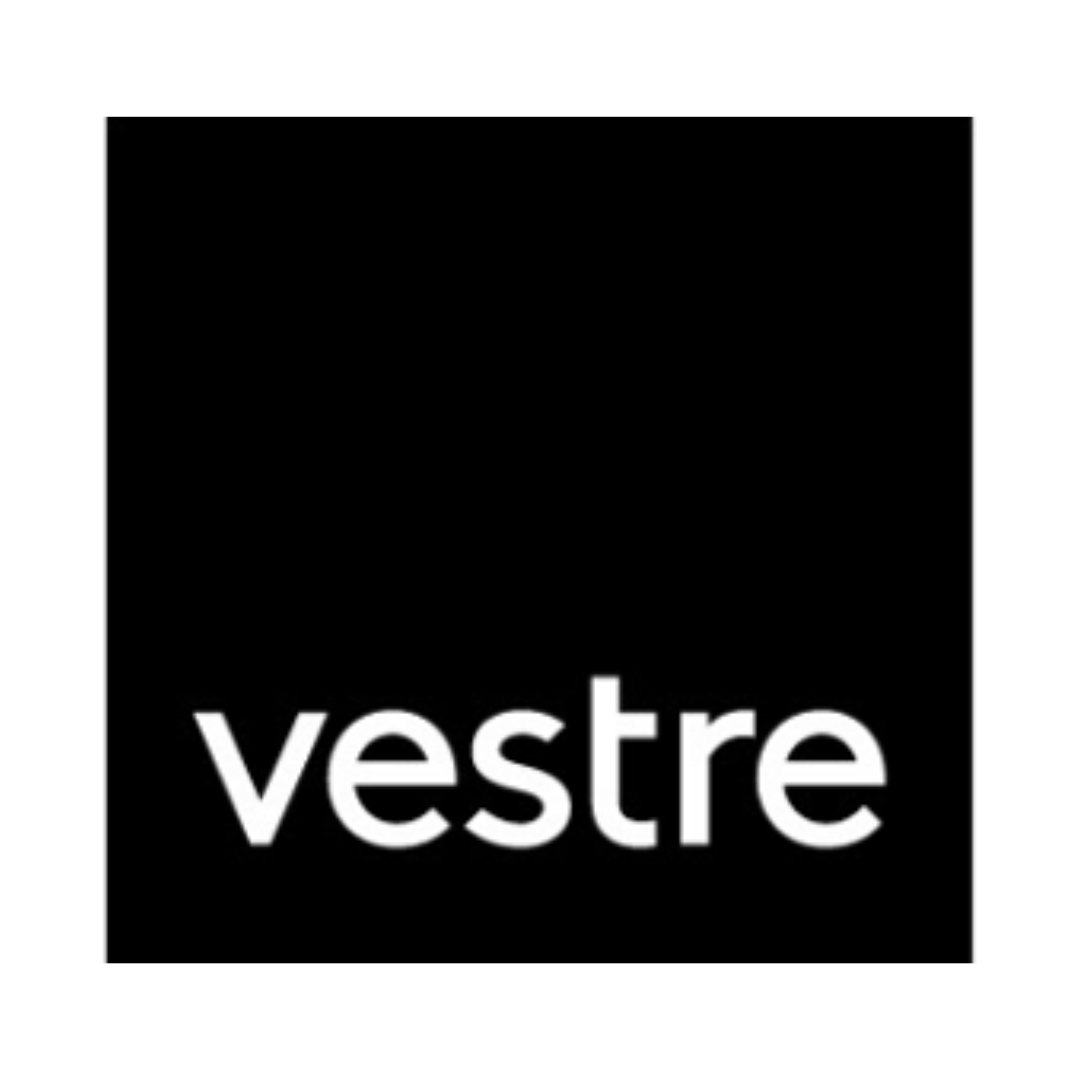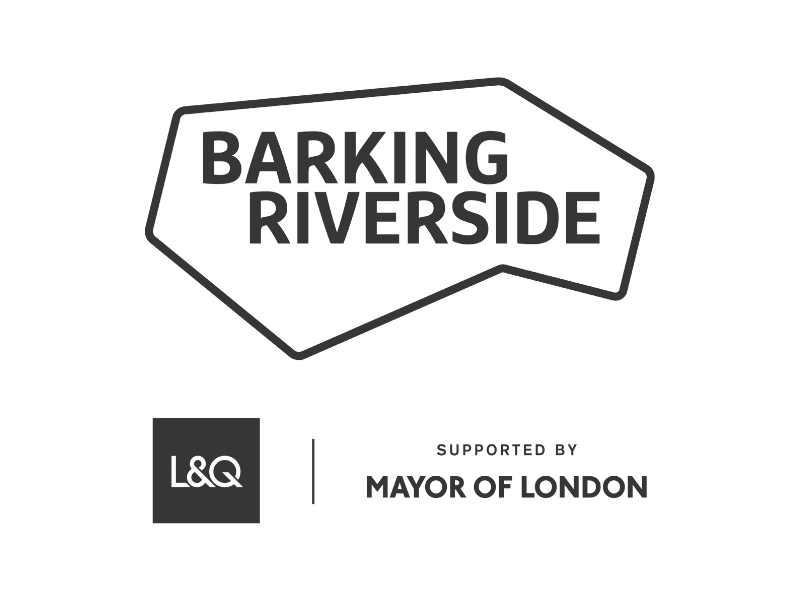Project showcase
The Old Vinyl Factory, Hayes - U+I

Please enter the project name:
The Old Vinyl Factory
Who is the developer/client of the project?
U+I
Describe the context of this project and the point it has reached in its development in 250 words max. When is the project expected to complete? Please upload a masterplan drawing that best describes the project in its location
The regeneration of The Old Vinyl Factory has had a transformational effect on Hayes. What was a derelict 17-acre ex-EMI factory site is now a mixed-use neighbourhood with over 700 homes (376 delivered/remainder under construction), 550,000 sq ft of offices, an innovation hub, academy school, health centre, cultural hub, shops and cafés, all connected by extensive public realm. As well as creating a new diverse and thriving community, it has catalysed the wider growth and rejuvenation of Hayes town centre.
The masterplan was granted outline permission in 2013, with a separate detailed consent for the first phase comprising The Gatefold Building, a BTR scheme, which was the catalyst for entire development, providing a crucial gateway to the site and enhancing the setting of the surrounding, locally listed buildings.
Reserved matters and detailed design were then submitted for subsequent phases, including the transformation of the old Powerhouse building into a new 29,000 sq ft Plus X innovation hub, as well as amended plans for the Gramophone, previously the Pressing Plant for the site, to provide a local cinema and cultural hub with a 4-screen cinema, EMI museum, café, recording studios and exhibition space.
Planning consent was also recently received for Vinyl Square, the largest public landscaped area within the development, which will be the permanent home to the 6m sculpture of Nipper the Dog, the original symbol of HMV. After starting on site in 2013, seven of the buildings have been completed with the entire masterplan due to complete in 2023.
What do you see as the greatest success of this project to date? How has it made a promising start on the journey to its completion? 250 words max. Please upload an image of the project to support your statement
Many elements have come together to make TOVF a success, not least working closely with great partners and stakeholders. But clearly articulating our vision to the Council was key to gaining their support.
When U+I acquired the site in 2011, the planning policy required employment space over any other uses, meaning the two previous owners had proposed business parks. Each had failed. Although the location made sense for employment use – at the border between West London and the Thames Valley, close to Heathrow, with great road and rail connections and Crossrail on the way – at a local level there was not the sense of place required to attract occupiers and there would have been little benefit to the local community.
With the absence of amenity and sense of community that occupiers now expect in a workplace, a purely employment-led scheme was doomed to fail and the amazing history of the site would have disappeared. We knew that to make the site successful we had to consider local economics, social sustainability, community, provenance and place. What Hayes needed was an extension of the town centre, a place with homes, shops and workspace, not another business park. We assured the council by demonstrating we could create the same number of jobs (4,000) on half the site, while building homes, amenity, and fantastic public realm on the remainder. That was the critical factor that enabled the transformation of the site into the vibrant new part of Hayes it is fast becoming.

How are you responding to changing demographics, behaviours, market context, policy, transport habits and the climate crisis since winning planning? What is your sustainability strategy and how are you mitigating carbon use and construction pollution? 250 words max. Please attach images, drawings or reports that support your statement
As one of the first developers to commit to the Architect Journal’s Retrofirst campaign, U+I puts the re-use of existing buildings, where possible, at the heart of its approach to sustainable regeneration. This is evident at TOVF, where the masterplan set out to retain the industrial heritage on site, with the protection and reimagining of the Art Deco buildings across what was once EMI’s global manufacturing headquarters, which had lain derelict for close to 40 years prior to U+I’s acquisition.
Our plans repurposed the buildings, retaining the embodied carbon and preserving the industrial heritage, while bringing new jobs back to what was once such a vital employment centre in Hayes. This included the delivery of a site wide energy centre in the original Powerhouse building, which was built in 1907 to generate power for the site, and has now been returned to that use, providing sustainable heat and hot water to the individual buildings on the estate.
New development has also been built to high sustainability standards, including the Boiler House, a 54-home cross-laminated timber building at the heart of project. The building’s distinctive stainless-steel shingle façade covers a cross-laminated timber structure – providing a range of environmental and thermal benefits, as well as enabling an ultra-efficient construction process. The Boiler House also offers rooftop allotments for residents to grow their own vegetables and plants. Meanwhile, urban realm improvements are aimed at boosting biodiversity, while a Santander bike stand provides a sustainable transport link for residents.
Please share any figures on how the project is making a positive environmental, social and economic impact. Data or reports, article references or media clippings may also be attached to support your argument. 250 words max.
When the site is fully occupied over 4,000 people will work there – many of them new jobs to the town. As an extension of the town centre, this community, along with the residents of the 700 homes, will catalyse more jobs and opportunities for growth. Other benefits include:
- Attracting SME talent by establishing the CRL innovation hub, which since 2015 has supported over 100 businesses, including 25 new start-ups, with over 60 full-time jobs created and £5m investment raised, plus attracting major occupiers like Sonos. It will expand further into the Powerhouse next year as Plus X.
- Curating and programming a retail and leisure element – installing a boutique cinema with an EMI exhibition, live music, cafés, bars and restaurants, climbing centre and a gym, plus public realm
- Developing an academy school specialising in music production and media – with loads of noisy young people giving the place their energy.
- Opening Vinyl Lounge – a worthwhile use that provided a community space for a range of activities (homework clubs, meetings, yoga classes, training days etc) plus hosting events, exhibitions and other activities on site.
- Employed local apprentices to train and work in the Shipping Building café and to help maintain the estate grounds.
- Installing a giant 6m Nipper the dog, the icon of the HMV record label whose headquarters were once on the site, to help give the site a sense of place, fun and identity.
• Hosting an NHS Covid vaccination centre.
Festival of Pineapples
24-26 February 2026
Pineapples prize giving night
April
Pineapples at Festival of Place
10 June 2026
© The Pineapples - Tweak Ltd. 124 City Road, London, EC1V 2NX. Tel: 020 3326 7238





